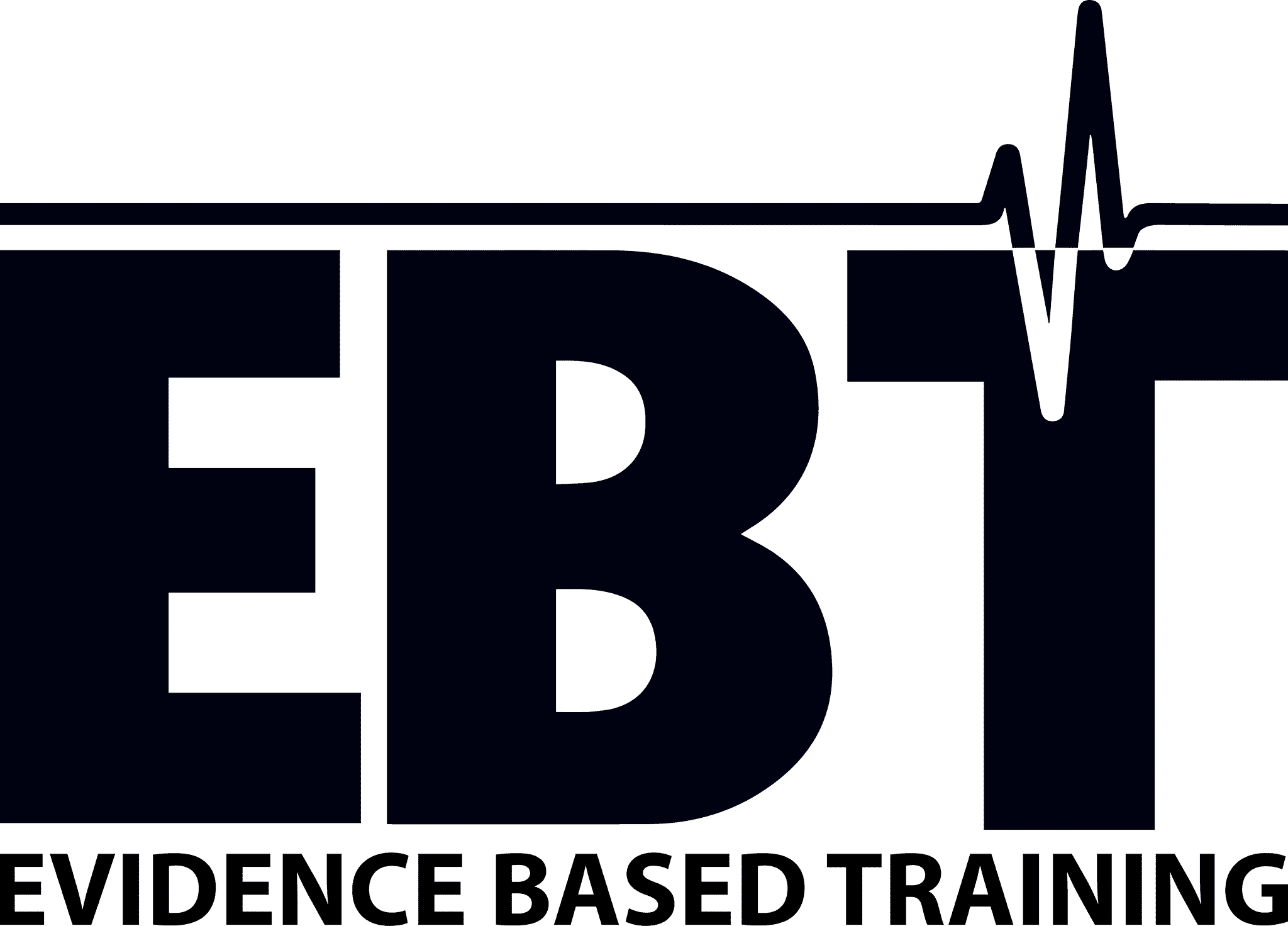Many people claim that the calories you consume is all that matters when dieting and that as long as you eat less calories than you burn (a caloric deficit), you will lose weight – no matter where you get your food from since a calorie is a calorie whether it comes from an orange or a can of soda… These people are right! Calories are what decide if you gain or lose weight, but choosing the right types of food can make it much easier to reach your goal.
Keep in mind that we are not referring to high carb vs low carb diets, as neither has been proven to be significantly better than the other (low carb is marginally better according to the referenced study) when the same amount of calories is consumed.
There is, however, no “optimal” diet and no definition of “dirty” food, but you definitely stand to benefit from limiting high-GI foods, trans-fats and refined sugars; these leave you hungrier, cause unhealthy fat storage and are linked to cardiovascular disease, even if consumed without weight gain! Those of us who have counted calories and had a chocolate bar know the difference in hunger it makes at the end of the day!
Sources
1. Kevin D Hall, Ph.D. Is a Calorie a Calorie? Metabolic Fat Balance Following Selective Isocaloric Restriction of Dietary Carbohydrate Vs. Fat in Obese Adults. THR 549-580-Obesity: Clinical Studies
2. Roberts SB. High-glycemic index foods, hunger, and obesity: is there a connection? Nutr Rev. 2000 Jun;58(6):163-9.
3. Te Morenga LA et al. Dietary sugars and cardiometabolic risk: systematic review and meta-analyses of randomized controlled trials of the effects on blood pressure and lipids. Am J Clin Nutr. 2014 May 7;100(1):65-79.
4. Chen CL. A mechanism by which dietary trans fats cause atherosclerosis. J Nutr Biochem. 2011 Jul;22(7):649-55.



